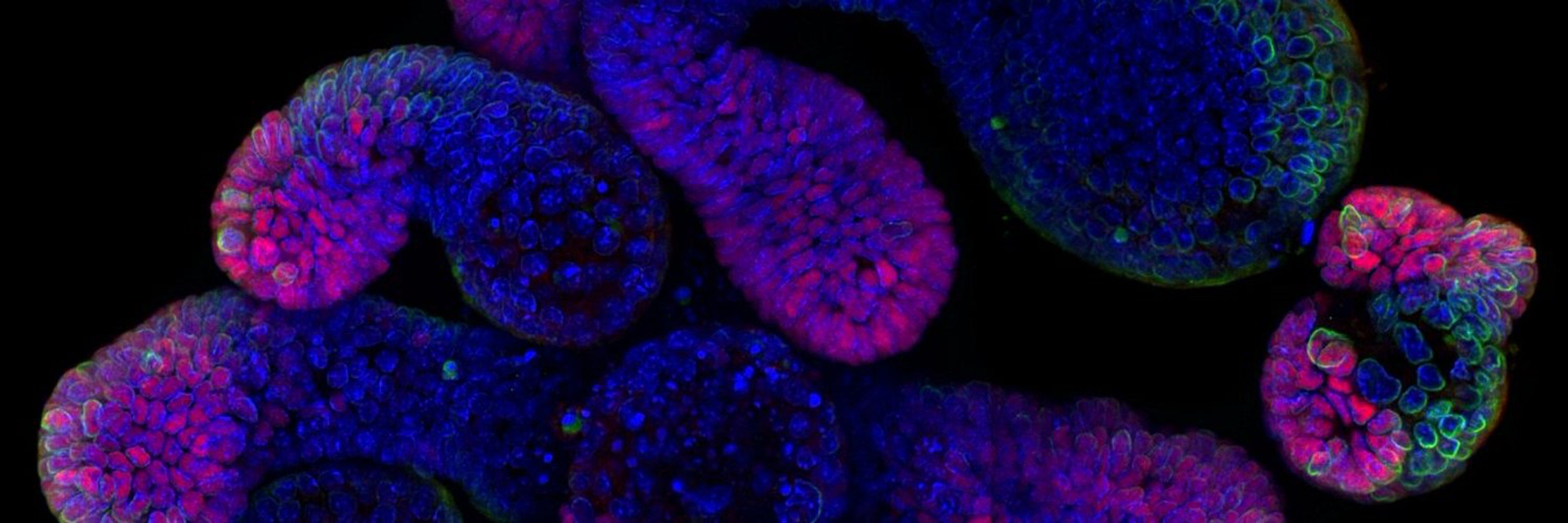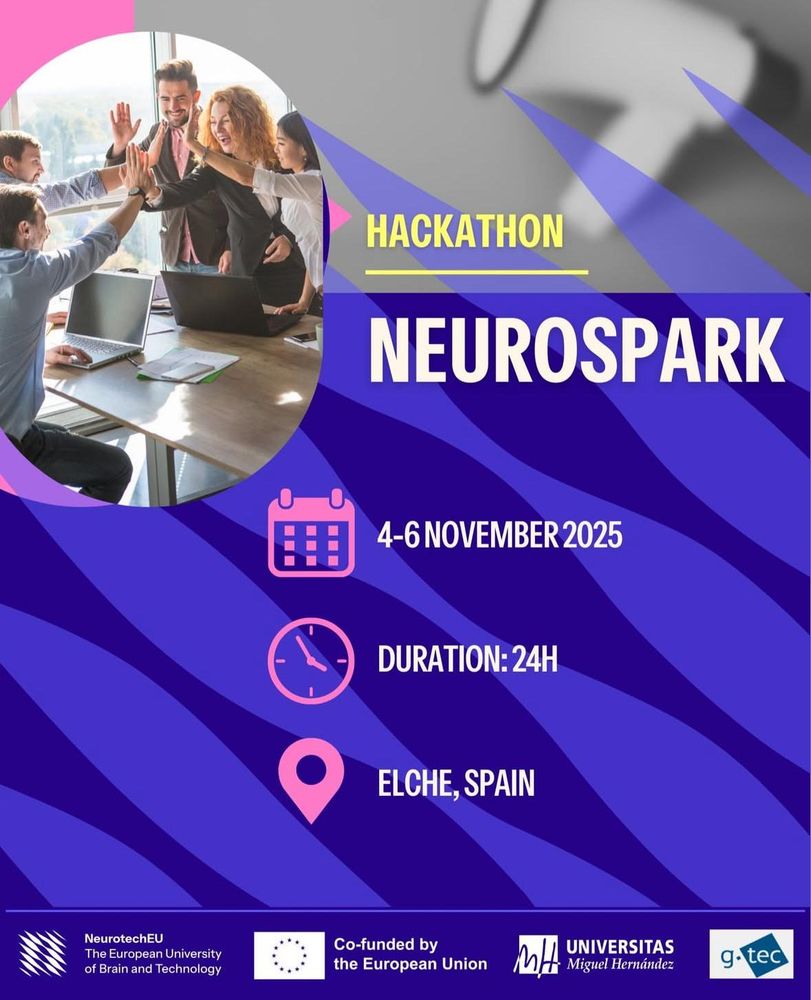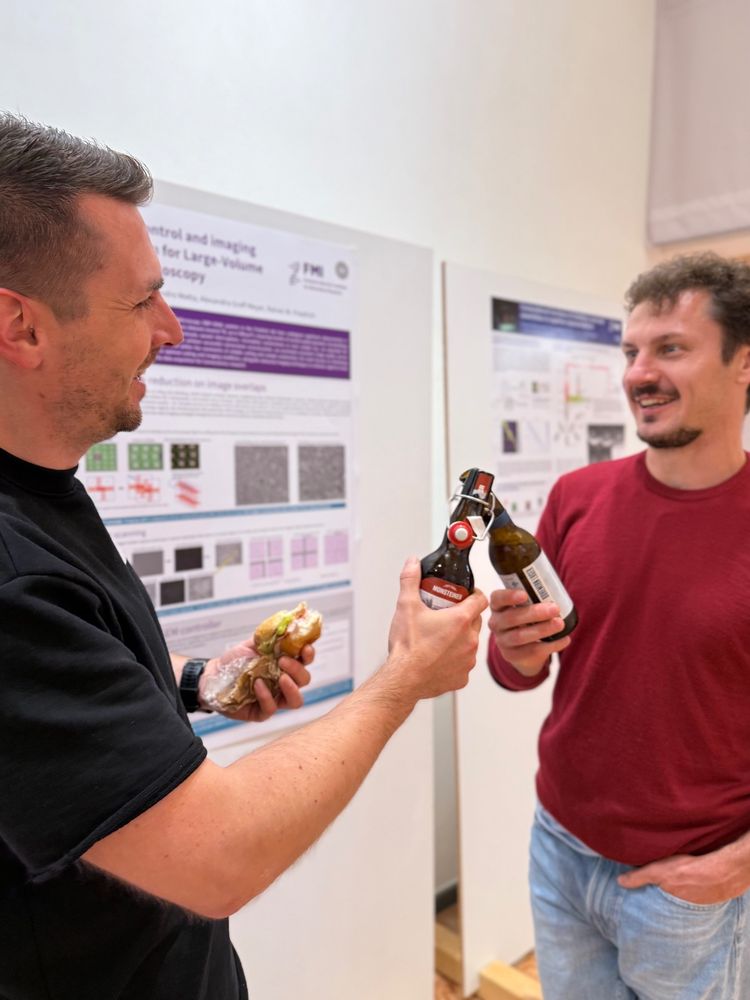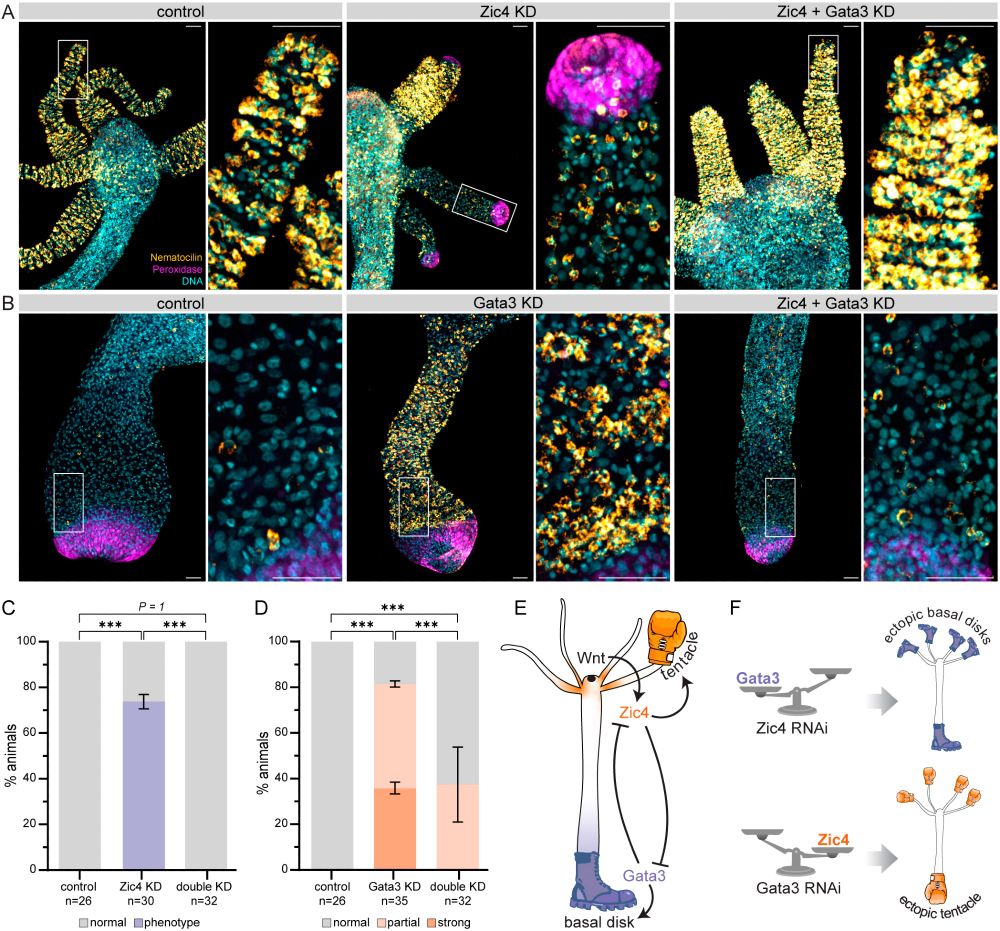FMI science
@fmiscience.bsky.social
1.2K followers
48 following
110 posts
The Friedrich Miescher Institute for Biomedical Research (FMI), affiliated with @unibas.ch and @novartis.bsky.social, conducts research at the forefront of biomedicine and trains the next leaders in the life sciences.
Posts
Media
Videos
Starter Packs
Pinned
Reposted by FMI science
Reposted by FMI science
Reposted by FMI science
Reposted by FMI science
Reposted by FMI science
Reposted by FMI science
Reposted by FMI science
Reposted by FMI science
Reposted by FMI science
Reposted by FMI science
Reposted by FMI science































